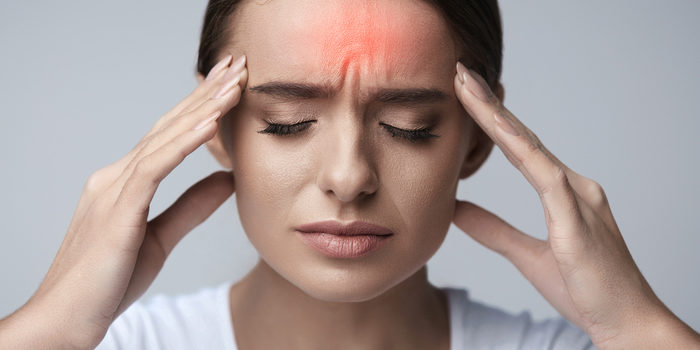

Best Treatments for Migraines: Treating the Symptoms
HealthHow ToMedicalxPick January 14, 2021 Nick McLane

Those who suffer from migraines know the feeling creeping up on them. It’s a tightness behind the eyes, stiffness in the neck and shoulder. Before they can respond, they’ve got a full-blown migraine hammering away inside their head. How can you take steps to alleviate your migraine symptoms?
Today we’re taking a look at some of the medicines and treatments that are most effective for curtailing the effects of a bad migraine. While there’s no cure-all for the condition, there are steps you can take to make the symptoms a bit more bearable. So, let’s take a look.
What is a Migraine?
First, let’s look at what migraines are. Scientists aren’t sure, definitively, what causes a migraine, or what exactly they are. However, the symptoms are well-documented: splitting headaches, photosensitivity, nausea and extreme pain. The prevailing theory as to their physical origins in the body holds that they occur when your brain sends a wave of activity across your nerves into you trigeminal nerve.
This, in turn, causes something of a “cascade” effect. The body releases a series of neurotransmitters that cause the blood vessels around the skull to enlarge, putting more stress on the nerves and muscles of the cranium. This, in turn, causes more of these neurotransmitters to be released, further engorging the blood vessels and increasing the pain. This creates a feedback loop that makes migraines incredibly painful.
Remember, however, that migraines are not life-threatening, and you’re in no danger from them: they just hurt very badly. Your symptoms will not cause any long-term damage to you, they’re just highly uncomfortable.
Setting
Often, one of the best things you can do for a migraine is change your setting. If you’re finding yourself battling migraine symptoms in public, you might want to try to find a nice, quiet area to rest in. Migraines are usually exacerbated by bright lights and loud sounds, which prevent you from recovering from the symptoms quickly.
In some cases, extreme temperature fluctuations can also make migraine symptoms worse. If you’re in a very cold room, or a very hot room, try to find an area that’s milder and more neutral. This will help you to focus on just feeling better!
Stress
Stress is a major factor in migraines. In many cases, stress is the only actual trigger for the headache, but just an emotional one. If you find yourself experiencing a major migraine while you’re stressing out, grab a stress ball and try to work out your emotions. Breathing meditation, yoga and the like can also be helpful for reducing stress.
If you work in a stressful environment, consider keeping some tea on hand that you can brew and then drink. Ideally, this will allow you to take a brief break from your duties, if they’re stressing you out, while you steep your tea and drink it. The warm liquid and calming ritual both work wonder in helping you calm down!
Pain Relievers
Another way to address migraines is through the use of pain-relieving medicine. If you have them on hand, common NSAIDs can be helpful. Drugs like ibuprofen, Tylenol and Aleve are examples of these kinds of pain relievers. They typically take a few hours to get into your system, but they are rather effective at dealing with headache symptoms in most people.
Another type of medication you can take is the “migraine abortive” variety of drugs. These usually can’t be taken with migraines that have an “aura” (a period of sensory overload before the onset of the actual migraine symptoms), so speak with your doctor about these types of medications. They’ll be able to help you select one that is right for your specific situation.










